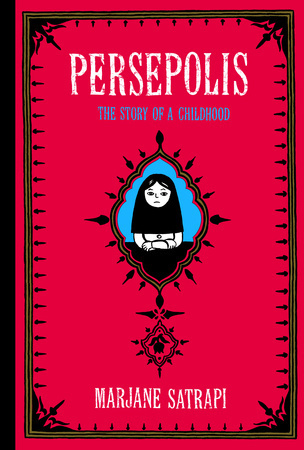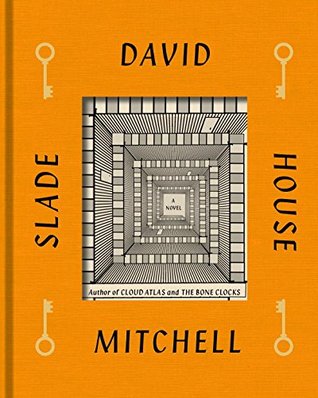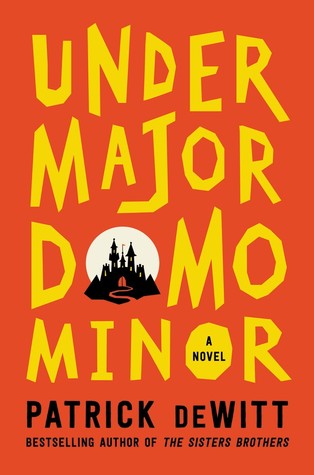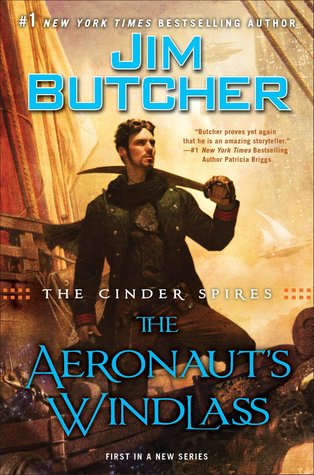Tomorrow is the penultimate meeting of the 2 year ARRT Crime Fiction Genre Study. Normally, I post the next assignment on the day of the meeting; however, since tomorrow is also October 1 and the first day of my horror blog-a-thon, I am moving this post up 1 day early.
I am so excited about the final assignment because our only rule in creating it was that it serve as a kind of "wrap-up" to the work we had done over the previous 11 meetings. I was able to take the comments we received from the genre study survey and incorporate some of them into this assignment.
Also, one of my new self-assigned goals is to promote the power of booktalking. I have an entire presentation on this topic, but each and every time I can manage it, I work in an opportunity for library workers to practice booktalking books. The more practice people get, the better they get at it, the more they do it, and the happier our patrons are.
In this case, I was able to "kill two birds with one stone" because some of the survey comments mentioned wishing we could have fit more authors in. So as you will see below, I am asking people to booktalk ANY crime book by an author we had not read and discussed already.
But here is where the assignment goes from good to GREAT. We are asking people to bring their booktalking scripts written out so that we can compile all of them into the meeting notes. I will then post all of the scripts here on RA for All for general use by all comers, not just ARRT members.
Now you can see why I think it is a GREAT assignment. Whether or not I see you there tomorrow, please look for the HUGE list of booktalking scripts to be available on RA for All real soon. This will be a wonderful resources for all libraries everywhere and I am so happy to have the chance to facilitate its creation.
A few other things we will be doing in December:
- We are going to be discussing the best crime fiction resources, and in fact, we are considering working resources in throughout the process next time and not just saving them for the end.
- Speaking of next time, we will be announcing the genres for the next go round of the genre study tomorrow. And yes, I said genres. You will have to be there or wait for the official word, but I will tell you that although I will not be the overall leader this time, I am involved in at least 1 of the genres because there is no one else more qualified to do it...
Full assignment details are below.
______________________________________________
Part 1: Booktalk
Come prepared to provide the group with a 90 second (timer will be used and enforced!) of booktalking on an author or book(s) we have not covered over the course of our 2 years together.
This is your chance to talk up authors/titles we didn't have the time to get to, as well as an opportunity to practice your booktalking skills.
Books can be new, old, forthcoming-- whatever you want. Authors can be living or dead. The only rule is the 90 second limit.
Come with your script (typed) so that we can include it in the notes. This way, you can all get a copy of every book and it's description. [Also this means you had to prepare at least a little bit.]
Booktalks should focus on the following questions:
- What makes this author/title so amazing?
- Where does this author/title fit within Crime Fiction?
- What are some readalikes?
Becky prepared 3 examples for you to consult [with how long they are when delivered as a booktalk] here.
Part 2: Resources
We will go over some of the best resources for crime. Click here for a list of suggested resources, but also be ready to bring your personal favorites to discuss.
Part 3: Final Thoughts and Announcement of 2016-17 Genre Study
Now is your chance to bring up any other issues or concerns about either the genres we covered or how the genre study itself was run. In order to make sure we have enough time, if you shared your thoughts in the survey, please do not repeat yourself here. All comments were read and discussed by the Steering Committee last month.
Becky will also provide concluding comments about Crime Fiction.

















